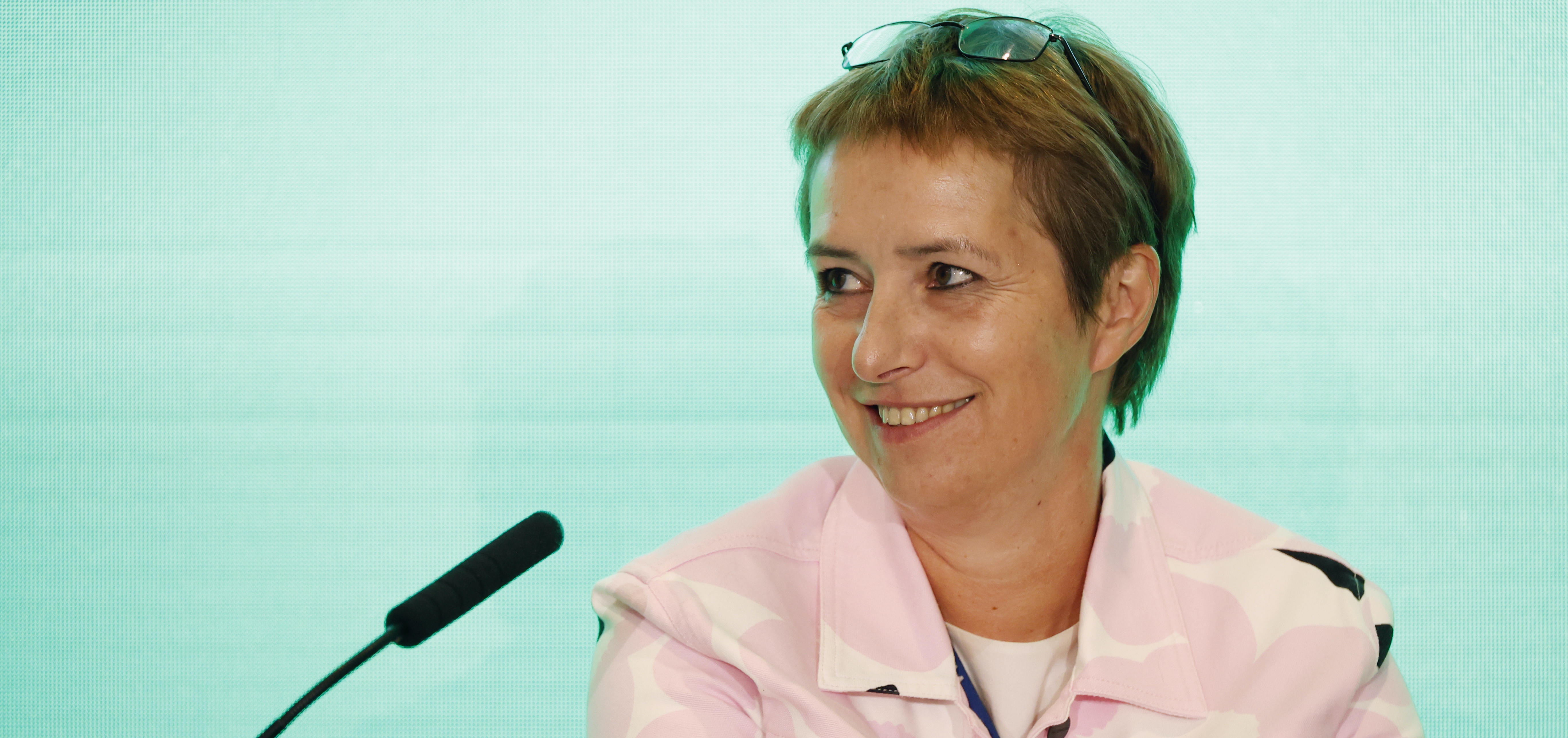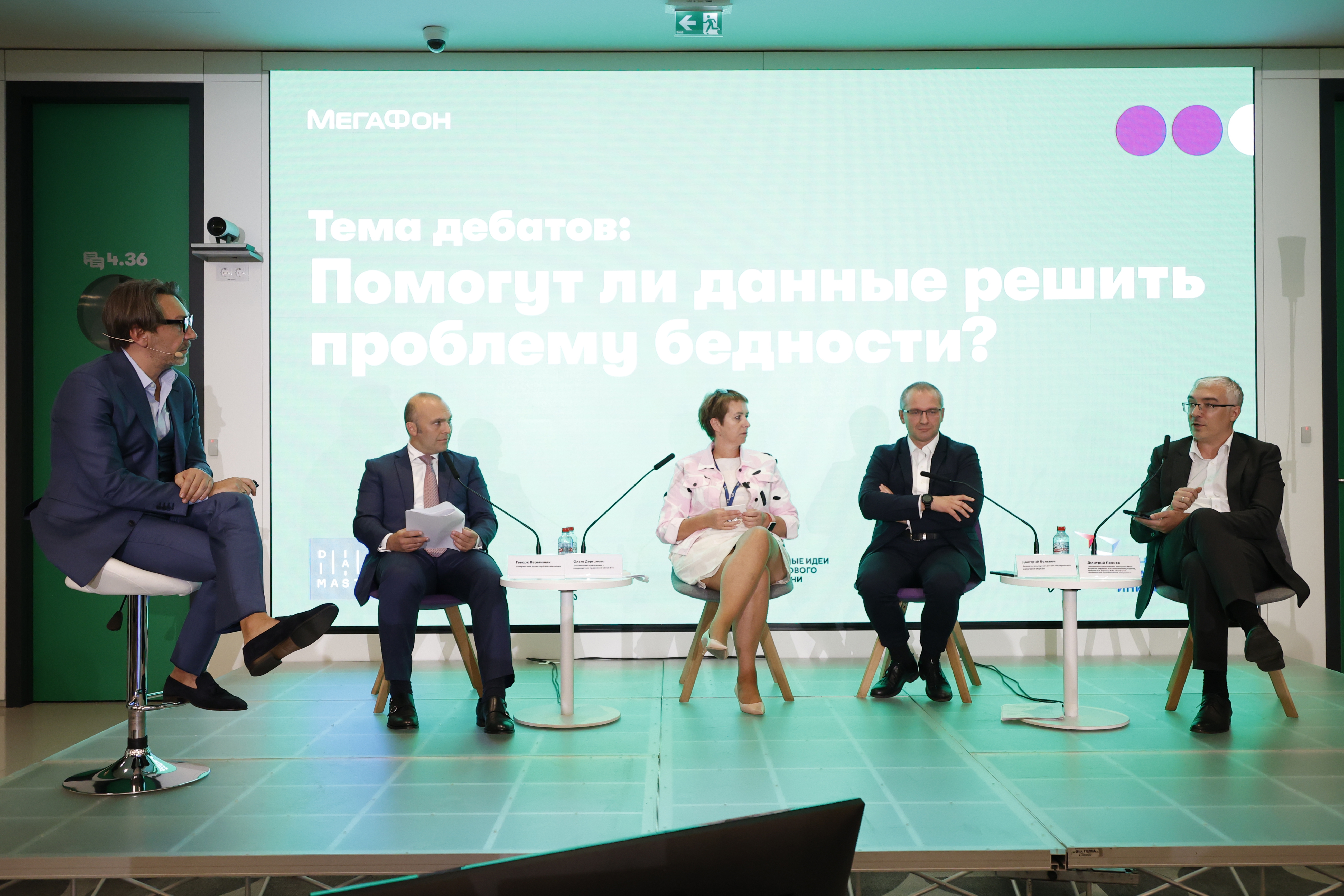14 September 2020
Universities, along with the state and the business sector, should take an active part in the search for solutions to the problems of social inequality by using technology, as well as in the formation of approaches to the protection of personal information and the reliability of data, believes the Deputy President, Chairman of the Board of VTB Bank, and Director of the Graduate School of Management of St. Petersburg State University (GSOM SPbU) Olga Dergunova.

“In сonnection with commercial organizations promoting technologies and the state building its services on the basis of Big Data, there should be a third force that analyzes data sets from a scientific point of view. And this is the university. But first of all, we must answer the following questions: How to provide universities with access to data? How to properly depersonalize this data so that students and professors can use it in their professional activities? And most importantly, how should the results of their work be formed so that it can contribute to the development of society?” said Olga Dergunova, speaking at Data Debates, which was conducted as part of the forum “Strong Ideas for a New Time” organized by the Agency for Strategic Initiatives (ASI) jointly with the Roscongress Foundation.
The participants in the debate, along with the moderator, singer and showman Sergey Shnurov, were looking for an answer to the question: how data will help to overcome poverty? Experts recalled measures to support the population during the 2008 crisis, talked about social rating in China, examples from Korea and India, and discussed concerns about Big Data.
“In 10 years, the image of our country will be determined by young people who are already being brought up in a new digital environment as a familiar reality,” said Olga Dergunova. At the same time, she stressed the need for technological development and expanding the use of digital learning formats in the academic field — this will provide access to education of the highest quality for a wider audience. “Online access expands the geographical distribution of applicants and equalizes the right to enter any university for everyone. Today, it is high time for us to think about how to create programs that combine distance and face-to-face learning formats; to structure programs in such a way that students can come to the university when it is convenient for them — and not necessarily by September 1. This will be a big step forward for education,” she said.

Also participating in the debates were Gevork Vermishyan, MegaFon CEO, Dmitry Volvach, Deputy Head of the Federal Tax Service, Dmitry Peskov, Special Presidential Envoy for Digital and Technological Development, General Director of ANO Platforms of the National Technology Initiative.
При использовании данного сайта Вы подтверждаете свое согласие на использование ВШМ СПбГУ cookie файлов. С подробной информацией Вы можете ознакомиться, перейдя по ссылке.